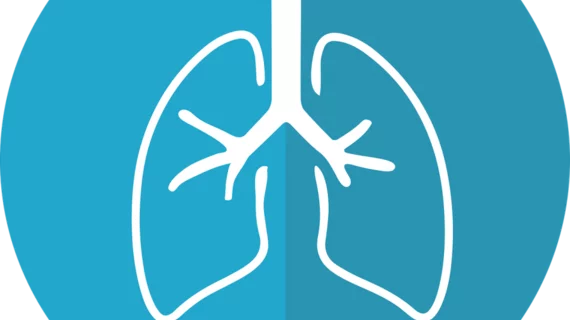Man dies after CT scan report showing cancer goes unread for more than a year
A New Zealand man died after his CT scan report indicating possible cancer went unread for more than one year, according to a recent report from one of the country’s District Health and Disability Commissioners.
That investigation, conducted by Commissioner Anthony Hill, found that “multiple systems failures,” including an “IT issue” at Hawke’s Bay District Health Board (HBDHB)—one of 20 such health boards in New Zealand—contributed to a delay in diagnosis and treatment, according to Radio New Zealand.
The 31-page report published Monday found that the man had a scan performed in 2016 regarding concerns of interstitial lung disease. That exam showed “several concerning findings,” indicating “possible malignancy,” including mediastinal lymphadenopathy and pleural effusion.
Due to IT issues, the radiologists’ report wasn’t available in the electronic application system used by referring clinicians, and physicians did not know they could view the report on the radiology information system.
More than one year later, a clinician finally read the report and diagnosed the man with metastatic adenocarcinoma. “Sadly, the man passed away” a few months later, Hill wrote in the report.
Commissioner Hill also pointed to the radiologist's CT report, saying that it “fell below the ideal standard of care,” and called it “unacceptable” for the document to take so long to reach the ordering clinician.
According to Radio New Zealand, since the incident occurred the DHB has fixed the IT error and said its new clinical portal will improve access to radiology reports.
"Since this report, and as specified by HDC, HBDHB has implemented a number of changes, including implementing the Clinical Portal application system so access to radiology reports for clinicians is improved,” according to the news outlet.
The District Health Board has also delivered a written apology to the man’s wife.

